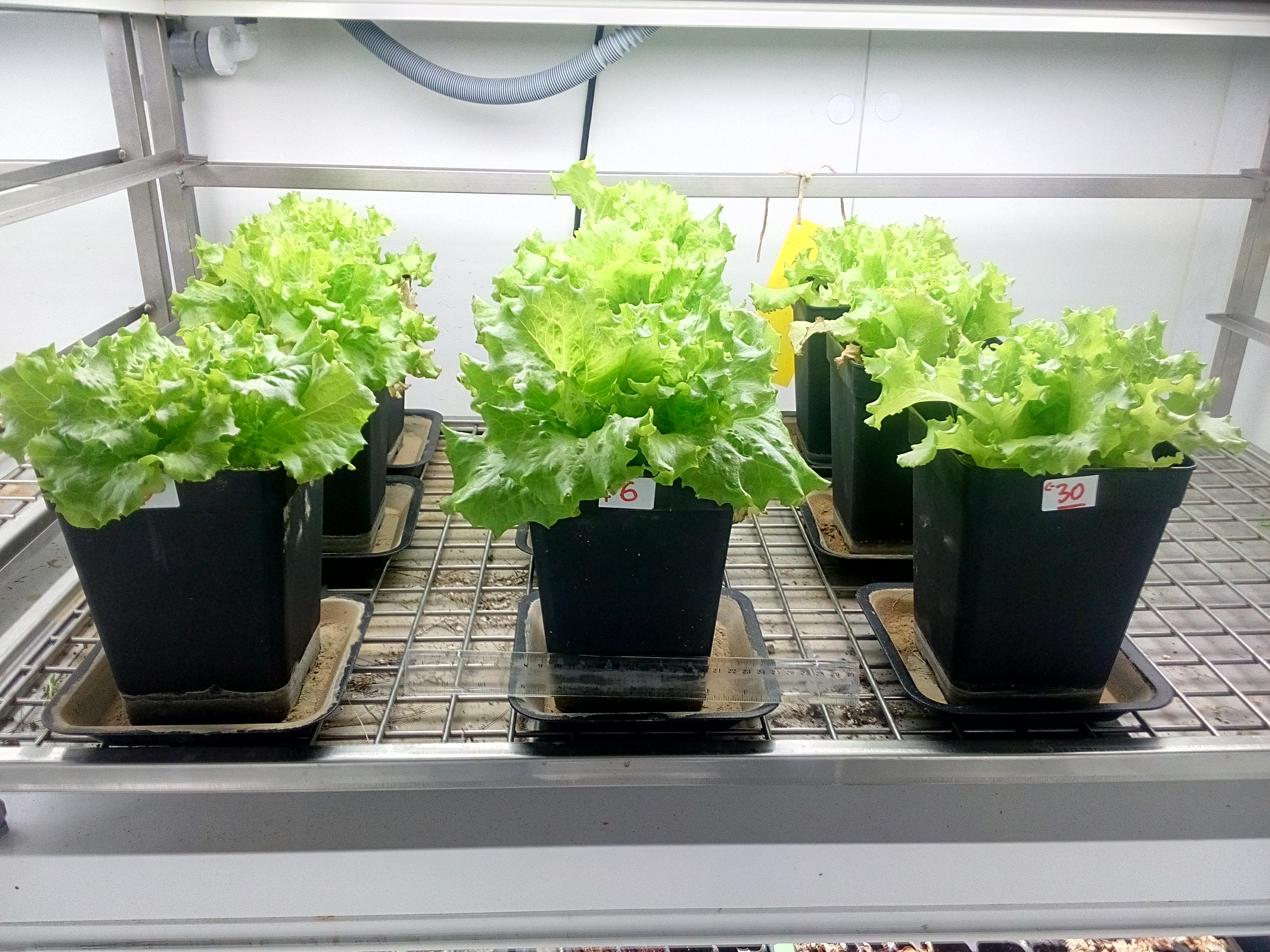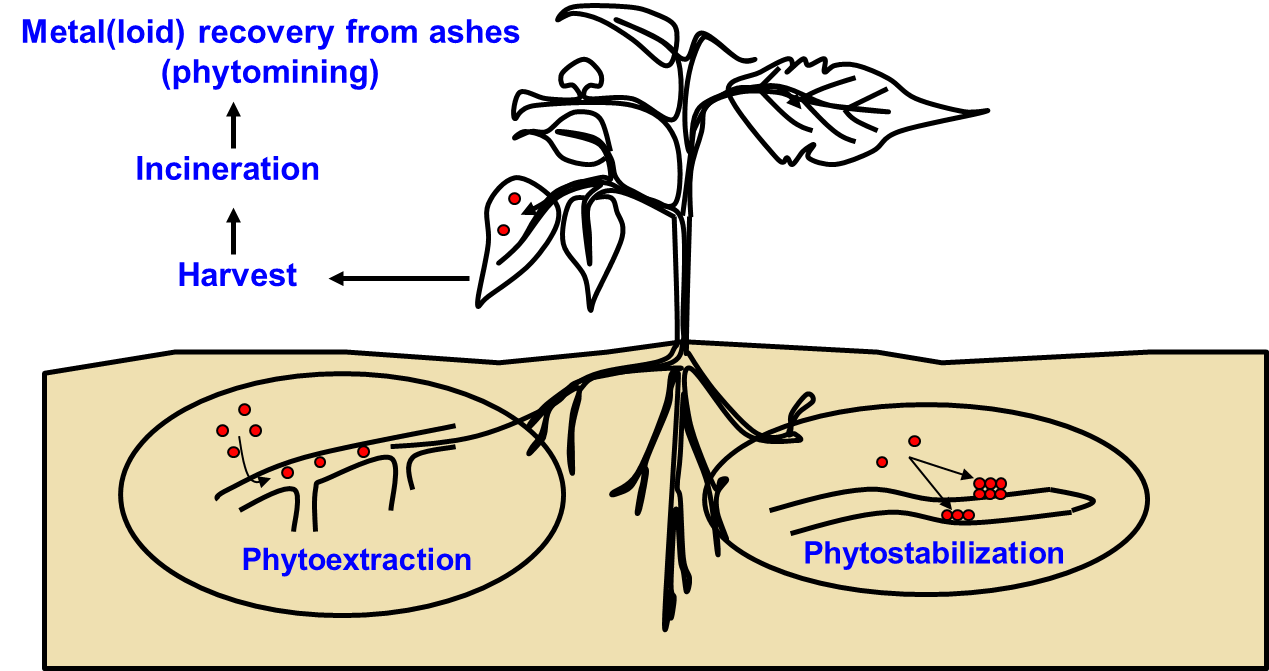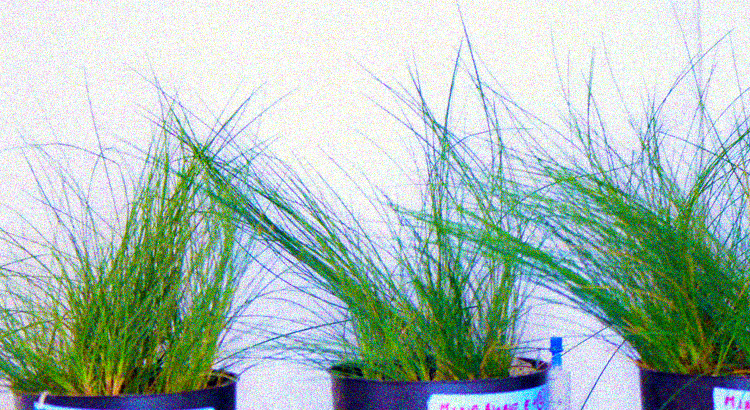Authors: Julen Urra, Itziar Alkorta, Anders Lanzén, Iker Mijangos, Carlos Garbisu
Journal: Applied Soil Ecology
Vol: In press
Date: 2018
Livestock manure-derived amendments can be beneficial for agricultural soil quality, as they can increase the content of soil organic matter and nutrients, stimulate microbial activity and biomass, and enhance crop yield. Here, we studied the impact of six different manure-derived amendments, according to the origin (horse manure-derived vs. chicken manure-derived) and type of amendment (fresh vs. composted vs. bokashi), on agricultural soil quality. To this purpose, an experiment was conducted with lettuce plants, paying special attention to amendment-induced changes in soil microbial properties and the abundance and risk of dissemination of antibiotic resistance genes (ARGs) through horizontal gene transfer (HGT). Soils amended with fresh manure showed higher values of microbial biomass and activity. In particular, fresh chicken manure yielded the highest crop yield of lettuce, but also increased the abundance of ARGs considerably. Genes encoding mobile genetic elements (tnpA, intI1) were positively correlated with ARGs, suggesting a risk of dissemination of antibiotic resistance via HGT in agricultural soils, as a result of the application of livestock manure-derived amendments. In order to minimize this risk, we therefore suggest that manure-derived amendments be properly treated and managed prior to their application to agricultural soil.




